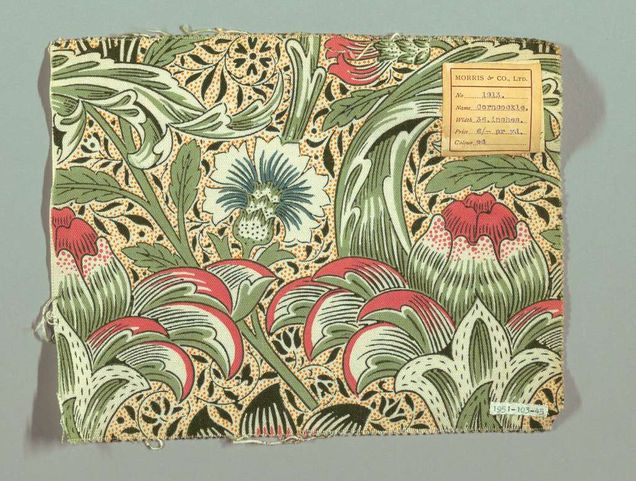Translations
Recently, in fact, as a contribution to an essay collection that isn’t out yet, I ended up writing about how my deepest education has been through translation. I’ve learned a lot from other people’s translations, but I learned much more from my own. Through these different acts of translation, I learned a lot of things I feel I should have known all along. In other words, if I’ve gone into a project not knowing everything I wish I’d known, or if I fail to resist cultural imperalism or colonization or whatever it is that I’m supposed to resist, it still matters to try. It still matters to learn. And a text can present you with a lot of possibilities, so long as you’re not going into translation trying or expecting to be seen as good.
Maureen Freely in a Conversation with Sophie Levy, Center for the Art of Translation: https://www.catranslation.org/blog-post/a-conversation-with-maureen-freely/
We are very grateful to translators who allowed us to share their work on our website. We hope that many will read and enjoy the fruits of their labor. In addition we hope that you will cite the translators so they get credit for their work.
An example of how you might cite translations provided here:
Anetshofer, Helga, “The Story of Dalla the Trickster.” Artichoke: Ottoman & Turkish Literature in English Translation, General Editor: Roberta Micallef, Boston University. Published: 4/25/2023. Consulted online on December 1, 2023. <[http://……./]http://…….>
An example of how you might cite a translation for which we provide a link:
Sayers, David Selim. “The Reluctant Conjurer”, The Paris Institute for Critical Thinking, April 26, 2023. Retrieved from: Artichoke: Ottoman & Turkish Literatue in English Translation, General Editor: Roberta Micallef, Boston University. Consulted online on December, 2023.
